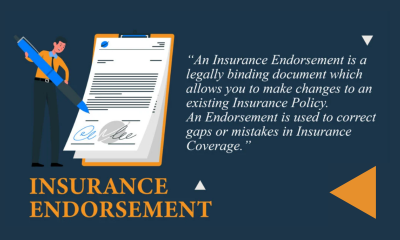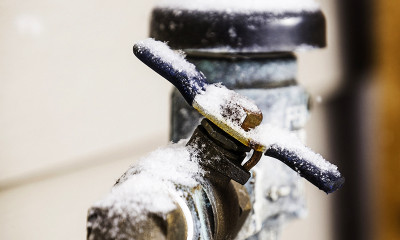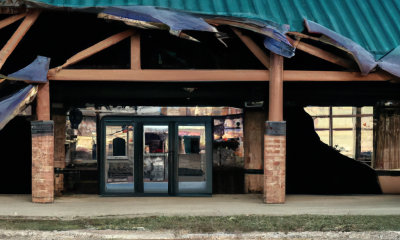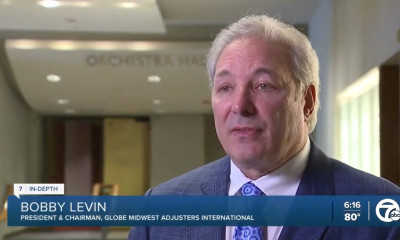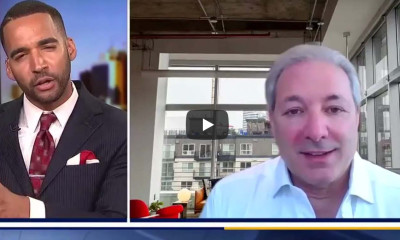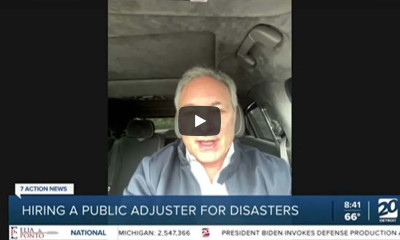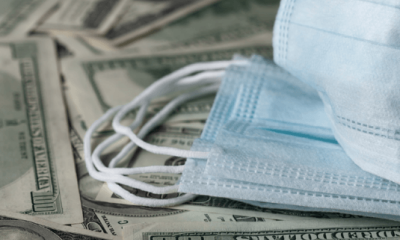Your Business Owners Policy (BOP) or commercial property insurance policy legally binds your insurance carrier to its duty to process your claim and pay you what is owed for your damages in a timely manner. Timely, however, is a subjective term, and commercial property insurance claims are delayed for many reasons.
Below are some tips to help you avoid some of the most common problems that could cause delays settling your BOP or commercial property insurance claim.
Know your policy
Your property insurance policy is packed with enough legalese to make anyone’s head spin. Even seasoned claims professionals routinely argue over business insurance policy interpretation. Still, it is critically important to read and understand what your policy covers, what it excludes, what it obligates you to do, and the process you must follow to settle your commercial property insurance claim successfully.
If you have gaps in your understanding of your policy, seek help from a business insurance claims professional, like a licensed public insurance adjuster. He or she can review your claim and advise you on how to achieve the maximum settlement under the terms of your specific property insurance policy.
Take immediate steps to mitigate additional damage
You are required to make temporary emergency repairs to prevent additional losses resulting from the original damage. Any damaged window, door, roof or other opening must be covered so rain, animals or hooligans cannot enter and do further harm to your property.
This is a no-excuses step you must take, as your policy provides coverage for the cost. Prior to entering the damaged premises, contact your utility companies and fire department to ensure you are cleared to enter.
Collect abundant documentation of all damage
When you suffer insured commercial property damage, the burden of proof to substantiate and document your loss is squarely on you, the policyholder. To that end, there is no such thing as too much proof. Too little, though, can be the cause of significant delays in your commercial insurance claim process.
Before anyone moves or removes anything from your damaged premises, take photographs — many, from all different angles, of each damaged area and item. Write detailed descriptions of the damages you observe that correspond to the pictures. Include when the loss occurred, and any questions you have or reasons to suspect there may be hidden damage (for example, if smoke or soot permeated your walls, ductwork, machinery, etc.).
This initial documentation will be very valuable when you develop your Proof of Loss statement.
Get multiple bids from repair contractors
Some insurance carriers may encourage you to believe you have to select your repair professional(s) from the carrier’s list of preferred providers. Others may suggest you’ll save big money with their chosen providers. The fact is, you have every right to select the provider of your choice to do your contracted work.
Solicit several bids, and get everything you are promised in writing. Bid prices often vary, and those price differences often reflect the use of different materials and methods. Make sure the contractors you’re considering aren’t the lowest priced, but the ones best able to return your property to pre-loss condition.
Submit a proper Proof of Loss statement
Developing a proper Proof of Loss statement is one of the most important steps you can take to help your commercial property insurance claim process resolve successfully and without delays.
Your insurance company will send you a Proof of Loss form. Be sure the information you provide is accurate — and thorough. This is commonly where people unknowingly shortchange themselves on their claim settlement amounts, by providing insufficient information, documentation and evidence of their losses.
Organize the photographs and written descriptions of your damages to show what happened, when, where, and the resulting damaged property, inventory, equipment, personal property, etc. Provide copies of the estimates you obtained, and a value for the full extent of your loss.
Here, too, a licensed public adjuster can be an invaluable asset to help you avoid delays, calculate a fair estimate for the full extent of your damages, and maximize your commercial property claim settlement.
Keep a claim journal
Filing a BOP or commercial property insurance claim takes time, effort, knowledge, determination, and communication. Throughout the process, it is wise to keep a claim journal, so when you need to look back at any of the process, you will have detailed notes about what happened, when, and who said or did what.
Wherever possible, communicate by email. If you are contacted by or speak with anyone by phone, note in your claim journal the date and time of the call, the person’s name and title, what you talked about, the conclusions reached, any additional steps needed, who is responsible for taking those steps, and any deadlines set. Get the person’s email address. Follow up the call with a written summary of the conversation, and ask him or her to review and agree to the information included.
Be respectful, but firm
Achieving a fair settlement for damages to your business can be challenging, stressful, frustrating, even infuriating. Take a deep breath and remind yourself: you have the right — and the obligation — to stand up for yourself and your business. The more organized, direct, respectful and firm you are throughout your commercial property insurance claim process, the better your chances of avoiding delays and achieving fair compensation for your loss.


